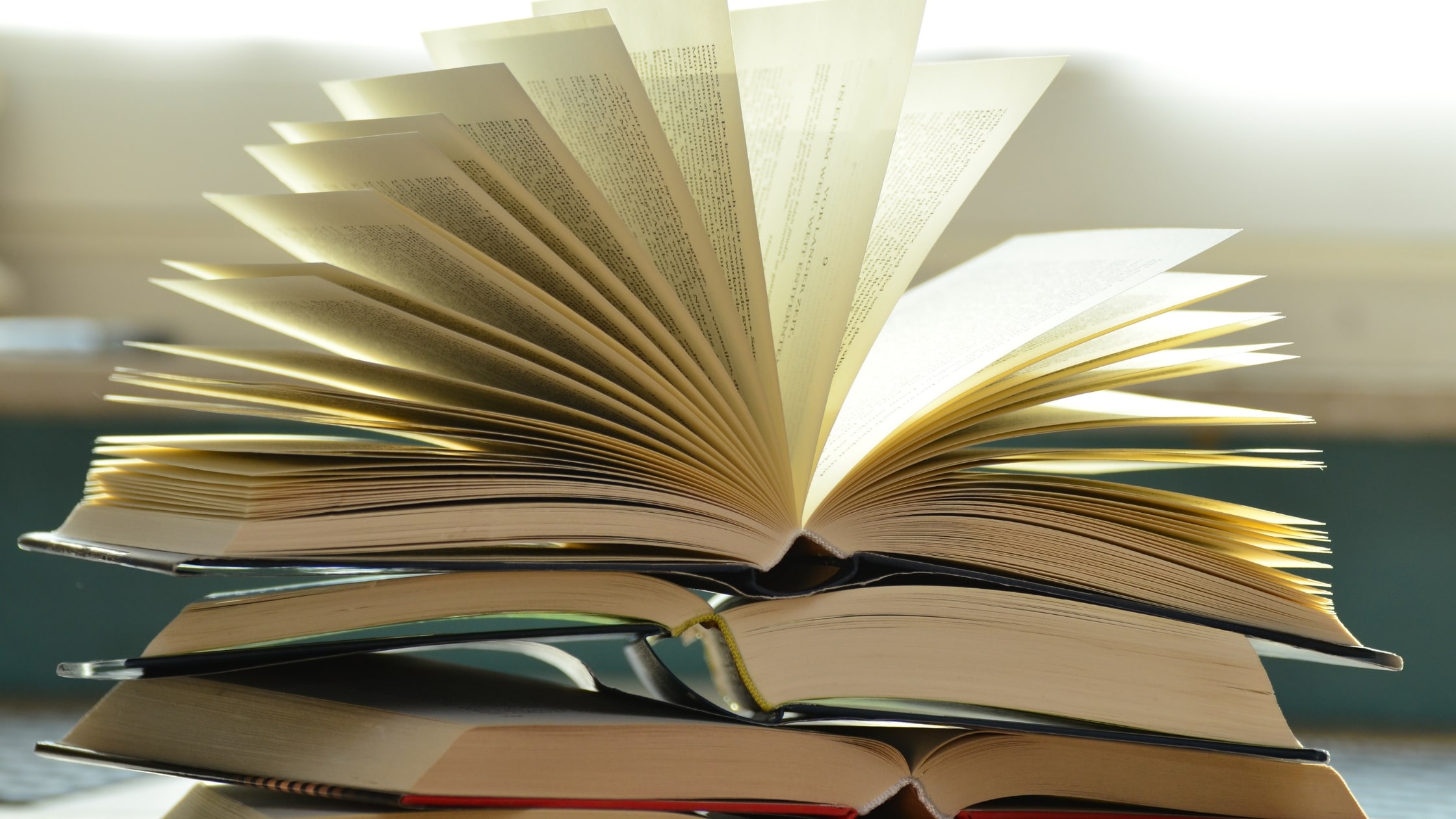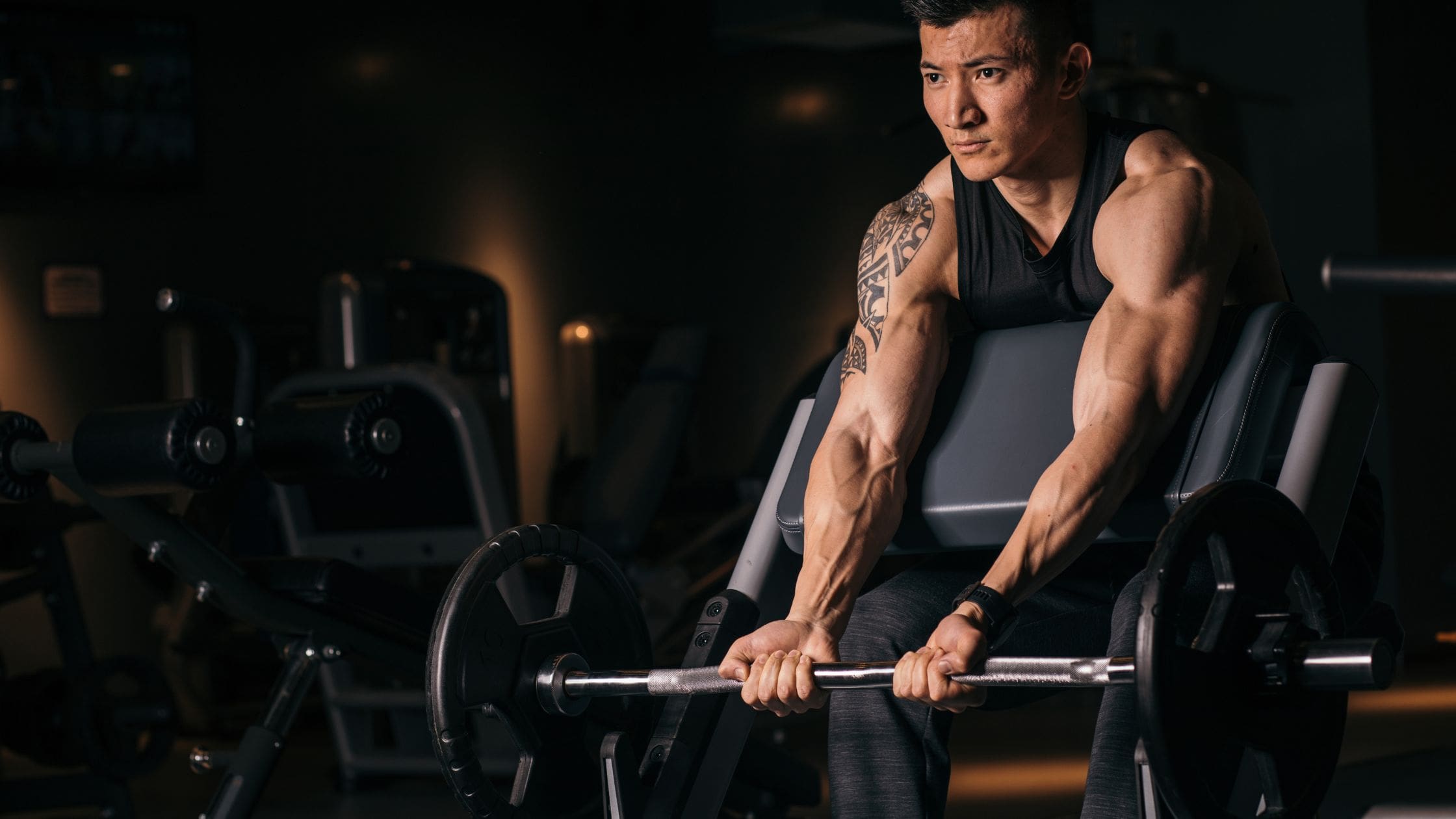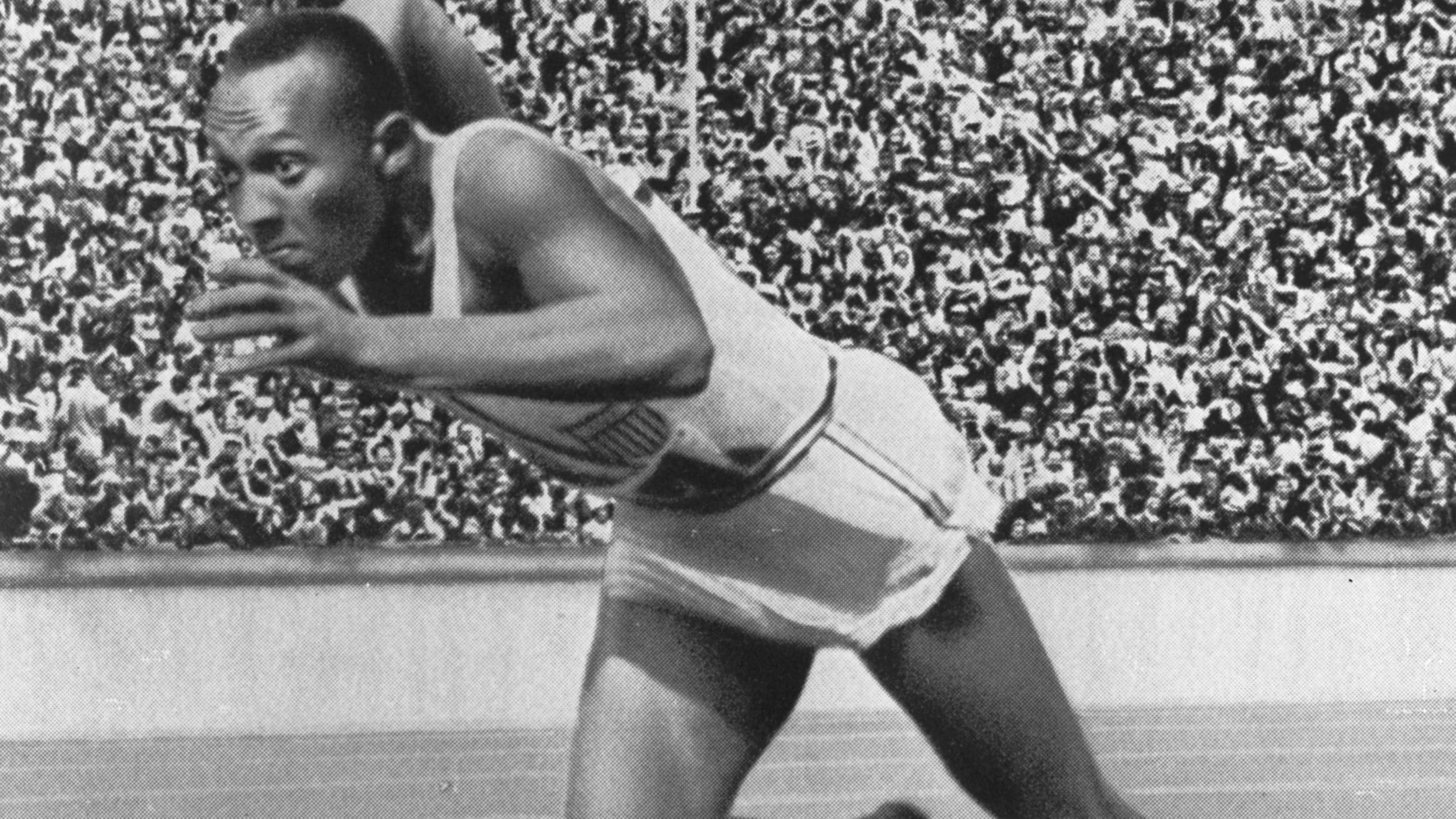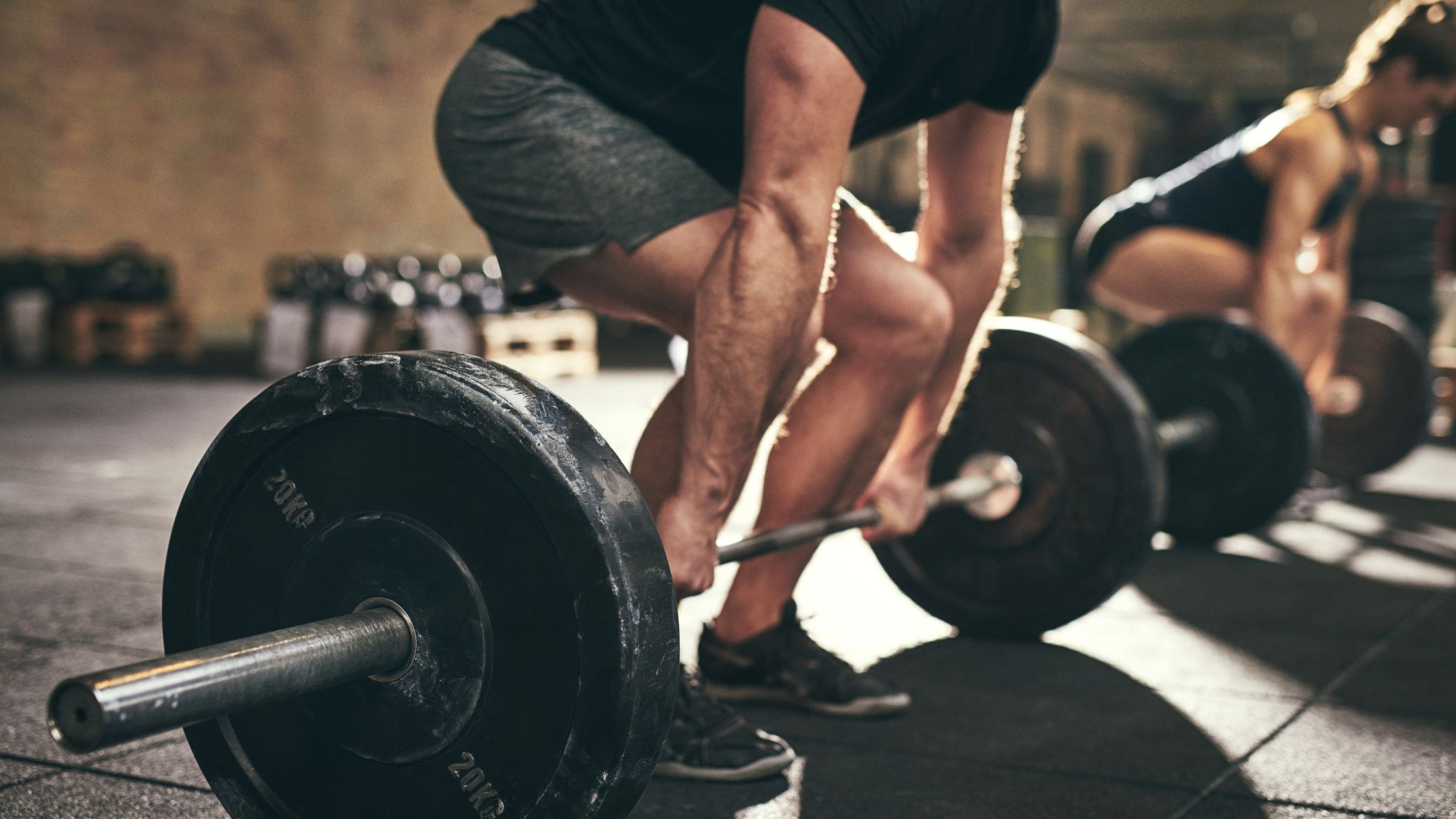Many people only have time to pursue their athletic interests on the weekends, after working long hours during the week. While physical movement is the foundation of athleticism, it doesn’t mean that you can’t think constructively or philosophically — and even scientifically — about your favorite sport.
These books are great reads for weekend athletes who are looking to explore sports’ benefits and how physical exercise affects our mind, body and soul.
Some Stories: Lessons from the Edge of Business and Sports by Yvon Chouinard
A profound coffee table book, Some Stories is filled with exquisite photos that celebrate outdoor adventures. But one shouldn’t ignore the words that go along with these photos. This book organizes a collection of letters, journal entries and articles written by Patagonia’s founder. Offering insight on moments from life on mountain flanks and surf breaks fit in anecdotes that frame a unique view of the world. The book offers a glimpse into someone who is not only passionate about sports, but the world around them.
The Sports Gene: Inside the Science of Athletic Performance by David Epstein
What makes an athlete successful? Some of the best athletes in the world feel like they have otherworldly, superhuman powers. From Serena Williams, Michael Phelps to Usain Bolt, many of us wonder what they have in common. Author David Epstein explores the limits of biology and what training does for the body. This book explores the nature vs. nurture debate and also hosts interviews with Olympians about the quality of training. Epstein intricately details his quest to discover if there really is a gene that determines if someone is good at sports.
Running Is My Therapy: Relieve Stress and Anxiety, Fight Depression, Ditch Bad Habits, and Live Happier by Scott Douglas
Not everyone runs for one single reason. Ask any runner why they run for hours on end, and you’ll get a variety of answers, but attaining calm is one of the most common responses. Running obviously builds muscle and is a good exercise for our hearts, but science also details how it’s great for our brains. Douglas uses studies and his own personal experience to document the therapeutic benefits of running. Even if you don’t run for exercise, this book is worth reading to emphasize just how running and physical exercise in general is good for our health.
The Champion’s Mind: How Great Athletes Think, Train and Thrive by Jim Afremow
Looking for an edge to help you tackle that new deadlift weight or lead the softball team to a win in the upcoming tournament season? The Champion’s Mind is a great book to help get you in the right mindset. It explores how elite, Division 1 and recreational athletes mentally prepare for a big game or competition on top of discussing individual paths to progress. No matter your goal, the book helps readers get to the next level of their athletic process.
Endure: Mind, Body and the Curiously Elastic Limits of Human Performance by Alex Hutchinson
In this New-York Times Bestselling book, Alex Hutchinson asks why and how our bodies endure during physical activity when it is telling us to stop. It’s the great paradox of endurance sports and anyone who is active has probably asked themselves this question at least once. People who are interested in mountain climbing, free diving, cycling, marathoning, and exploration can find key takeaways from this book as the author can tie these sports together, along with a rich variety of scientific findings and summaries from clinical studies in a seamless effort. Hutchinson portrays vivid pictures of sports from Nike’s 2-hour marathon to record freediving attempts and even ascents up Mt. Everest. Readers may also find it intriguing that the book is arranged around the limitations of human endurance, like oxygen, heat and fuel. This book not only breathes life into the science behind the sport, but makes you understand how the metaphysical presences aspect of life within ourselves as we undergo endurance training.







